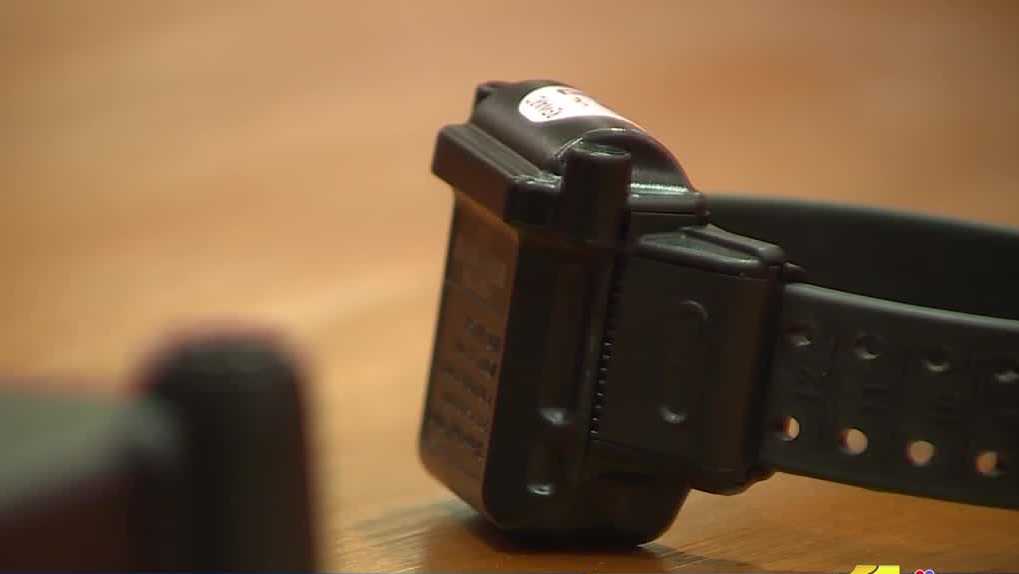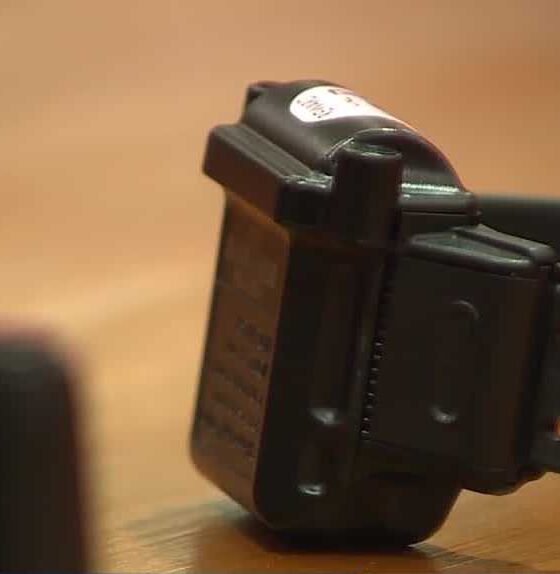

Community
Maryland Faces Funding Shortage for Electronic Home Detention Program, Sparking Public Safety Concerns
Maryland is facing a critical funding shortage to monitor over 650 accused criminals on electronic home detention, raising concerns among legislators about potential public safety risks. The crisis, which has caught judges off guard, has exposed serious flaws in the state’s electronic home detention program.
Montgomery County Sen. Will Smith, chair of the General Assembly’s Senate Judicial Proceedings Committee, warned that over 600 individuals currently on home detention monitoring may either have to be reincarcerated or left unsupervised, posing significant public safety concerns.
Chief District Court Judge John P. Morrissey explained to legislators that, similar to bail bonds, electronic home monitoring in Maryland is managed by private companies. These companies charge an upfront fee of $500 and a monthly fee of $450 to monitor accused criminals awaiting trial at home.
The $5 million budget for electronic home detention, funded by federal COVID relief funds, suddenly dried up when an influx of past-due invoices from ankle bracelet companies rushed to get paid before the funds ran out last week.
This crisis has drawn attention to an earlier state report highlighting long delays in notifying police when accused offenders skip monitoring and runoff. The report also identified deficiencies in invoicing for home monitoring and accountability in fund disbursement.
Critics point out that these shortcomings allowed a suspect in a mass shooting in Baltimore last July to walk free while wearing a GPS monitor. Morrissey informed legislators that an immediate $2 million is needed to keep monitoring devices active for the 650 defendants. Otherwise, judges may have to recall defendants to court and potentially incarcerate them or make alternative bail arrangements.


